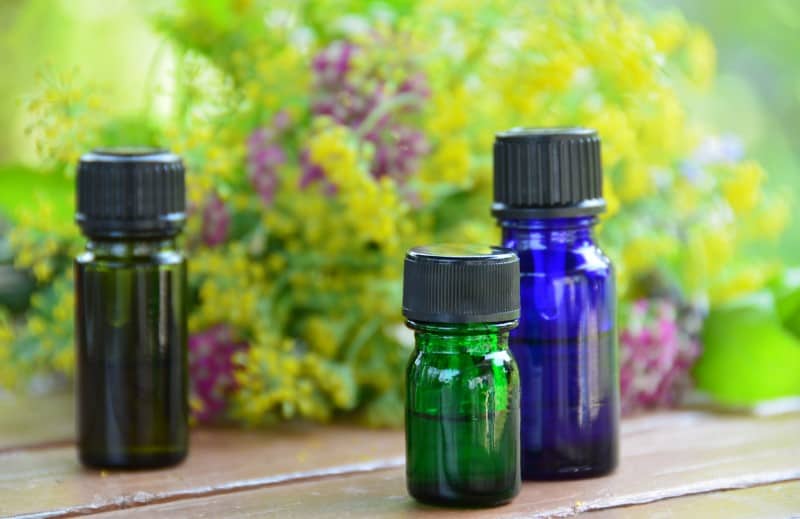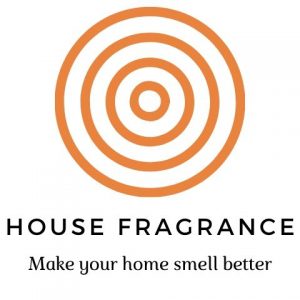Being a full-blown vegan in today’s day and age is becoming a more accepted and normal lifestyle choice. It comes with a lot of difficulties in the beginning as you have to learn what you can and should not eat, drink, wear, and even what household products you may need to cut out. While you are learning what is and is not vegan, your google history most likely consists of questions such as “Are essential oils vegan?”
Essential oils are vegan. Essential oils are made by steaming, distilling, and then extracting the natural oil and fragrance from a plant, and since no animal products or cruelty of any kind are used in this process, essential oils are considered 100% vegan.
Finding out just how many day to day products that we use are, in fact, not vegan can be a real shock to the system. Even some products that you would not expect to have animal products in them do, like children’s crayons, for example. It is no wonder that one would need to double-check most products vegan status for peace of mind. Let us explore how these essential oils are vegan.

What Makes A Product Vegan?
Before we can understand why essential oils are vegan, let us look at what makes a product vegan in the first place.
For a food item or product to be considered vegan, it has to meet the following standards:
- It may not contain any animal products in it – such as meat, animal fat, milk, bones, eggs, bone marrow, a stock made from meat, etc.
- It may not contain any animal by-products – such as gelatin, bone meal, etc.
- It can not have been tested on animals – it has to be 100% cruelty-free, which means that the food or product, as well as any of its ingredients, may not have been tested on animals for the safety of use or any other reason.
- As you can now see, because of the fact that essential oils meet all of the above standards, essential oils can be considered vegan.
Can An Essential Oil Not Be Vegan?
The only way an essential oil would not be considered vegan would be if it were mixed with a non-vegan product.
Pure essential oils on their own are a 100% vegan product, as they are made completely of pure plant matter. This means the only way for a pure essential oil to not be vegan would be if they were mixed with a product that is not vegan in order to create another product altogether.
However, the exception to the rule would be this – not only does a product have to not contain any animal products or by-products, but it also has to be 100% cruelty-free.
There may be a few essential oil companies that do not practice cruelty-free procedures, and they may still test their products on animals for a variety of reasons.
This would mean that that particular company’s essential oils are not vegan, as they are not a cruelty-free product.
Can Essential Oils Help Vegans?
A vegan lifestyle requires many alternative solutions to not only food but also to many different household and personal products.
As most vegans are aware of by this point in their journeys, unfortunately, there are not many vegan alternative products available on the market today, which can leave them in a difficult situation when trying to find replacement products.
Luckily essential oils can be the solution to a number of problems that many vegans are having in their lack of product options.
Essential oils may benefit a vegan lifestyle in more ways than you would think. Not only do vegans need to cut out many types of food, but they also are forced to also cut out many kinds of day to day products that can be quite a big inconvenience in their lives. How can essential oils help this problem? Let us have a look at that.
One personal product that vegans generally cut out of their life first is deodorant and antiperspirant. Most deodorants and antiperspirants are not cruelty-free, and a fair amount of the antiperspirant gel sticks also contain gelatin.
One way that essential oils can help vegans with this problem is that they have the opportunity to create their own fragrance using a mixture of different essential oils.
Using essential oils as a deodorant is a really great alternative to using a store-bought deodorant that is not vegan-friendly – especially because going without deodorant is a less than ideal solution.
Not only can you create a fragrance exactly to your liking, but using these essential oils on your skin does come with many health benefits and healing properties too.
Another way in which essential oils can help vegans is when it comes to household cleaning – most household cleaners are not cruelty-free and are often tested on animals to see what their safety around people will be.
This is a tough product to try to find an alternative for, as not many companies around the world offer a vegan-friendly cleaning product range, and often if they do, the range is generally far more expensive than the cleaning products you would usually buy.
Many essential oils can be used as a household cleaner instead of popular cleaners that are not vegan-friendly. They can be used to clean up counters, floors, kitchens, and bathrooms.
Essential oils such as tea tree oil are a great substitute for cleaning up your kitchen after a beautiful vegan meal, as tea tree essential oils is a strong antibacterial, antimicrobial, antifungal, and antiviral oil, which makes it perfect for cleaning with, as it will kill any germs or bacteria that may be lying around, without the use of any harmful chemicals or toxins.
Can Vegans Cook With Essential Oils?
Vegans can cook with all food-safe essential oils; in fact, many non-vegans cook with essential oils as they add a much bolder flavor to their cooking than the dried herb version of that plant would add.
Some examples of food-safe essential oils that vegans can cook with are:
- Thyme
- Marjoram
- Rosemary
- Oregano
As long as you have bought these food grade essential oils from a cruelty-free company, it is perfectly safe and 100% vegan friendly to cook with these oils.
Vegans can even bake with essential oils. Baking can often be a more difficult task to make vegan than cooking is, as most baked goods usually have eggs, milk, and butter in their recipes.
However, there are many clever vegans out there who have figured out how to substitute these animal products with plant-based products.
For example, did you know that you are able to substitute egg whites with garbanzo bean water? And an egg yolk with apple sauce?
But because these products may not give your baking the same taste you were looking for with needing to change so many of the ingredients, you can try adding some food-safe essential oils in to give your baking that extra taste kick it needed.
For example, you can add some lemon essential oil into a lemon tart to give it even more lemon zest and bring out the flavor even more, or you could make some spicy holiday cooking, using essential oils like ginger, cinnamon, cloves, peppermint, and more.
It is critical to understand that not everyessential oil is a food grade oil, and before you consume any essential oil, you should make sure that it is definitely a food-grade oil and safe for consumption.
Conclusion
Not only are essential oils vegan, but they are also really helpful in a vegan lifestyle.
They can help substitute day to day products that were not vegan-friendly, they can be used on your skin as a deodorant or as a medicine, they can replace your everyday household cleaners, and they can even be cooked and baked with.
Essential oils work hand in hand with a vegan lifestyle in so many more ways than the few that have been mentioned above, and if you are new to this and are starting your vegan journey, or if you have been a vegan for years, it is definitely worthwhile to keep essential oils in your home and make them a part of your everyday lifestyle.
Read more: Can You Drink Lavender Essential Oil
